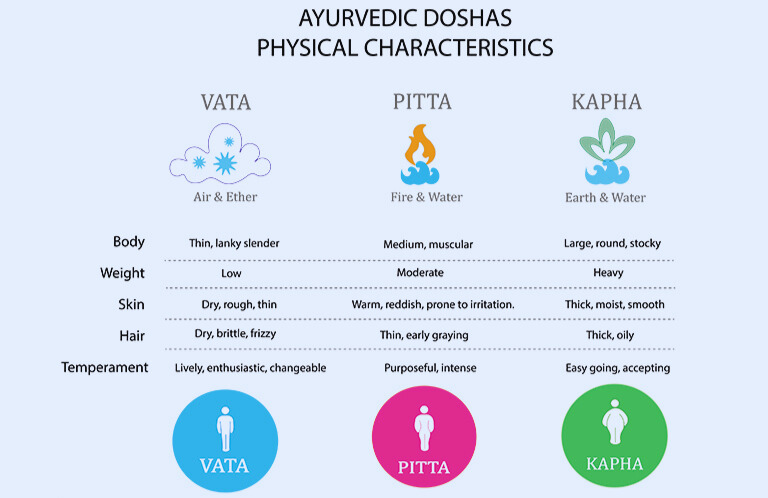Ayurveda, the ancient system of holistic medicine, emphasizes the importance of understanding individual variability and dosha imbalances when addressing health issues. The key lies in identifying and balancing the three doshas — Vata, Pitta, and Kapha. However, misdiagnosing one’s dominant dosha or relying on generic remedies can lead to adverse effects rather than promoting wellness.
The Problem of Misdiagnosing Doshas
Ayurveda acknowledges that every individual is unique, with a specific balance of doshas that governs their physical, mental, and emotional well-being. Misdiagnosing one’s dosha can result in:
- Ineffective Treatments: Remedies tailored for the wrong dosha may fail to address the root cause of an issue.
- Adverse Reactions: A treatment plan that doesn’t align with an individual’s dosha can exacerbate imbalances, leading to further complications.
For example, a user followed an Ayurvedic diet plan designed for Kapha individuals to lose weight but experienced bloating and sluggishness. Later, they discovered their dominant dosha was Pitta, requiring an entirely different approach.
Key Causes of Dosha Misdiagnosis
- Limited Knowledge: Many individuals and practitioners lack the in-depth understanding required to assess doshas accurately.
- Generic Solutions: Over-reliance on pre-designed Ayurvedic remedies or diets without customization.
- Self-Diagnosis: Attempting to identify one’s dosha without expert guidance can lead to errors.
The Importance of Personalized Ayurvedic Care
To avoid the pitfalls of dosha misdiagnosis, personalized care is essential:
1. Professional Dosha Assessment
Consult a qualified Ayurvedic practitioner who can analyze your body type, mental tendencies, and lifestyle to determine your dosha accurately.
2. Tailored Treatment Plans
Customized remedies, diets, and routines can address imbalances effectively and enhance overall health.
3. Monitoring and Adjustment
Regular follow-ups allow practitioners to tweak treatments based on your response, ensuring sustained progress.
How to Identify Dosha Imbalances
Common signs of imbalance include:
- Vata Imbalance: Anxiety, dryness, irregular digestion.
- Pitta Imbalance: Anger, inflammation, heartburn.
- Kapha Imbalance: Lethargy, congestion, weight gain.
By observing these symptoms and consulting an Ayurvedic expert, individuals can better understand their unique constitution. For more on maintaining dosha balance and understanding its connection to your overall health, explore our post on Ayurvedic doshas.

Conclusion: Avoiding Generic Remedies
Generic Ayurvedic solutions can often lead to frustration and adverse effects. By embracing the principles of individual variability and dosha imbalances and seeking personalized care, individuals can harness the true power of Ayurveda to restore balance and improve well-being.
Additionally, read this research article on Ayurveda and Personalized Medicine to understand how modern science supports traditional Ayurvedic practices.
